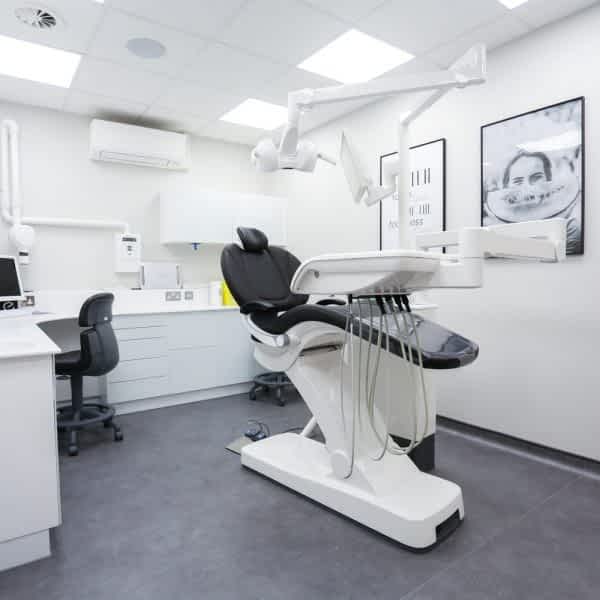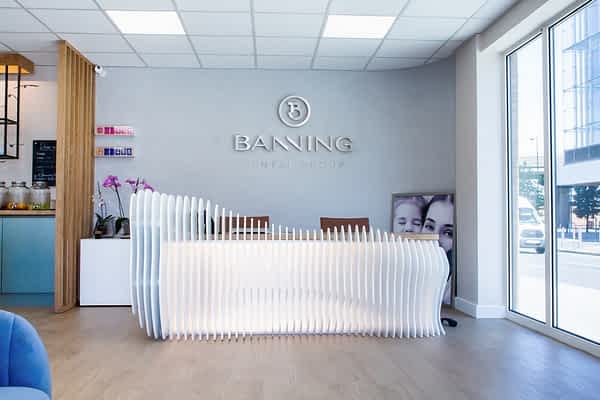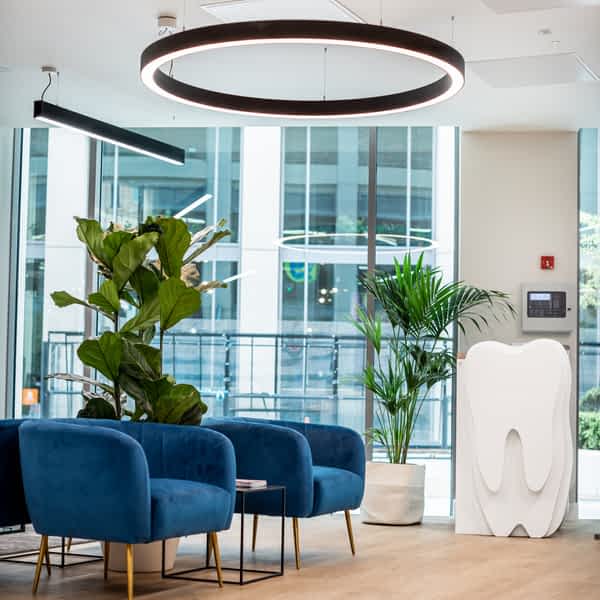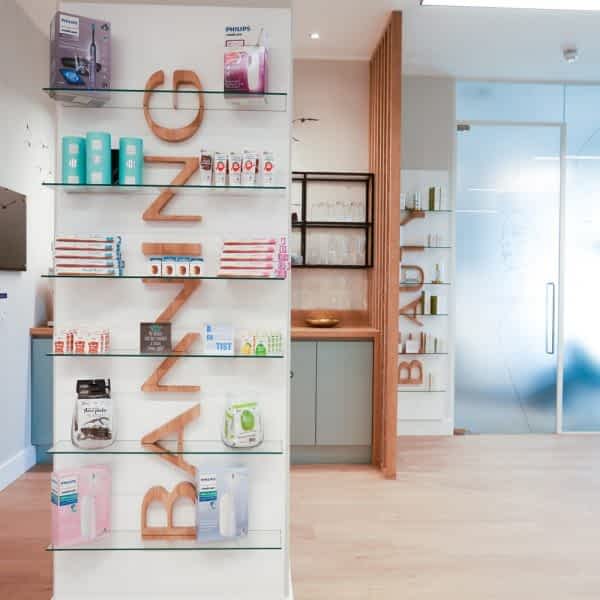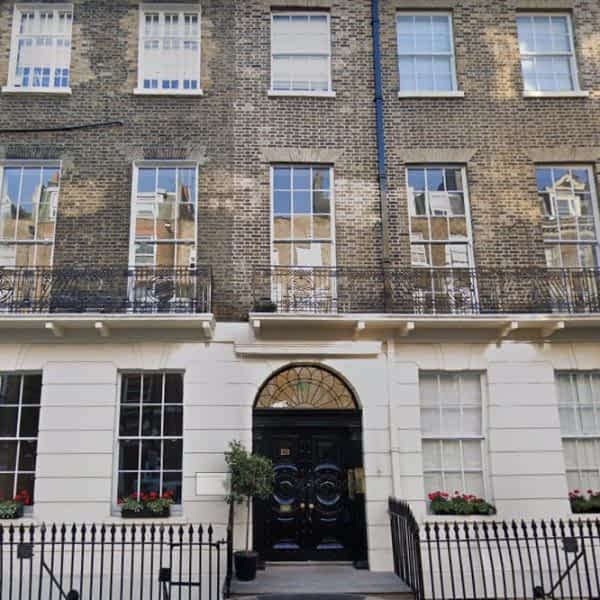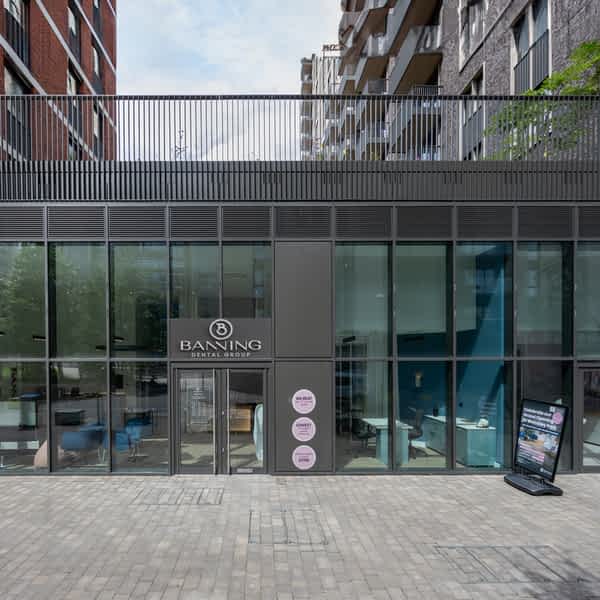Overcoming your fear of the dentist
From a mile sense of dread and trepidation to full-blown attacks of panic, the fear of visiting a dentist is an age-old, worldwide phobia affecting the masses. Even the hardened, most robust of our peers can succumb to this debilitating distress and so it should be treated, as with most phobias with empathy and understanding.
As with most health-related phobias, a fear of the dentist can have enduring consequences. Aside from the likelihood that the fear will worsen over time, your oral health is likely to deteriorate. By avoiding regular, routine revisions, you may find yourself faced with the very treatments you had feared all along.
Sadly, burying your head (or in this case teeth) in the sand is the least likely method of making the problem go away. Let’s dive in and discover what causes the condition and explore the ways we can help you to overcome your fear of the dentist.
What is the fear of the dentist called?
If you experience stress, anxiety, nervousness or fear when presented with the idea of visiting a dentist, it may be wrapped up under the labels of Dentophobia or Odontophobia. In some cases, this fear may not be specific to dentists. There are some people that suffer from phobias of all types of medical professionals and this is known as Latrophobia.
Whilst there is a distinction between a fear and a phobia, the result is likely to be the same. Avoiding dental treatment. It is generally assumed that fear is a rational response to a scary situation. A phobia on the other hand can be completely irrational and the reaction displayed disproportionate or unreasonable considering the situation in hand.
Nevertheless, a phobia is a complex range of emotions which are a real-life struggle for its sufferers. It’s not something you can simply ‘get over’ without fully understanding the source.
What causes a fear of the dentist?
There is no one source of cause for a phobia or fear of the dentist, as with all phobias. Some fears are a result of a personal traumatic experience. You can understand if someone once had a negative encounter at the dentist in their lifetime, they will have a reluctance to repeat that experience again.
In other cases, the fear has been learned. It can be passed on, usually during your formative years from something you have witnessed or heard from influential family members. You may never personally have had reason or cause to be scared, but somewhere along the line, you have been educated to feel that way.
It’s also important to recognise that a fear of the dentist may have more specific roots or associations. Ask yourself this, is it the dentist as a person that you fear or is it something that you associate with that person that causes you distress?
We find that in many cases, it’s not a visit to the dentist which causes the underlying anxiety. It may be that the patient is simply terrified of needles (Trypanophobia), hates the noise of the drill or has an aversion to pain (Algophobia). In other cases, the phobia relates to a fear of choking and inability to swallow while under examination. These are separate conditions in their own right but can evolve into a fear generalisation towards the whole dental experience.
For this reason, it’s really important to try and get to the driving force behind the fear, so that the approach to dealing with it is tailored accordingly.
How common is it to have a fear of the dentist?
It’s reported that 53% of the UK’s population suffers from some level of fear of the dentist. The scale and manifestation of this fear vary hugely, but it affects a huge number of us in one way or another. In many cases, it might only be a slight reluctance to go ahead and book that appointment, but in other cases amounts to tears, tantrums, sleepless nights, nausea or hyperventilation.
We all experience our fear in different ways, but it’s important to remember that dental treatment has evolved exponentially over the last 10 years. With new technologies, a focus on preventative care and alternatives in sedation options, good dentists capabilities go beyond their in-chair procedures. Many dentists are highly experienced in treating nervous patients and can draw on a range of techniques to make the experience far less traumatising.
How can I overcome my fear of the dentist?
- Try to understand your fear
Can you remember the very first time you felt nervous about a dentist appointment? How did you feel before that appointment? What was it specifically that gave you the jitters? Was it walking into the clinic? Was it sitting in the chair? Was it the smell, the sounds, the surroundings? What treatment did you have? All of these questions should help you understand what it is exactly that prompts your anxiety. Once you are able to put your finger on the problem, your dentist will be better equipped to work around it. - Find a great dentist
Not all dentists are the same and probably the best route to overcoming your fear of the dentist is finding one that can work with you through it. Speak to friends and family and see which dentist they recommend (or don’t.) Do your research online. Which dentist has had consistently great reviews, especially from patients experiencing similar problems to yourself? Visit a few practices from the outside and see how they make you feel. These are small steps you can take towards a life free from dental worry. - Phone or Virtual Consultations
One of the wonders of modern technology means that you can request either a phone or online consultation with your practice, before making any commitment to an in-person appointment or treatment. This is the ideal opportunity to discuss your fears and concerns without the feeling of vulnerability. You can ask what measures the practice has in place to deal with your specific triggers and agree only to what you feel comfortable with. - Book an early morning appointment
Rather than spend a day worrying about a looming appointment, book an early time slot and avoid the fear escalating. Before you know it, you will be in and out and enjoying the rest of your day. - Distract yourself
Do something you enjoy before your appointment. Listen to music, meet up with your friends and family, go for a run. Whatever makes you happy will make you more relaxed during your appointment. Most clinics these days also make use of relaxation techniques through the use of music or videos to ensure their patients are as relaxed and comfortable as possible. - Communicate
Don’t let your fear get the better of you. Express how you feel, talk to your consultant, explain your limits, triggers and plan for success. - Anaesthetic and Sedation
Consider alternative anaesthetic and sedation options if required. At Banning Dental Clinic we have pain free dental injections with a machine called Calaject. We are also trained to provide sedation which can be oral or nasal, or more effectively through intravenous injections with Midazolam. Our sedationist team has treated thousands of nervous patients successfully with these sedation techniques. - Treat Yourself
Every achievement deserves a reward. Not only do you deserve it but psychologically you begin to make positive associations with your dentist visit which in time will replace your old negative influences.
It’s highly unlikely that your first consultation with a new dentist will result in any of the scenarios that you fear, but you need to take the first step. The consequences of not visiting a dentist will always be greater than anything you experience in the chair.
Do not fear, Banning Dental Group are here!
Reach out to us! Banning Dental Group is the home of Fear Free Dentistry. We specialise in treating nervous patients and will restore your confidence to help you overcome your fear of the dentist for good.



